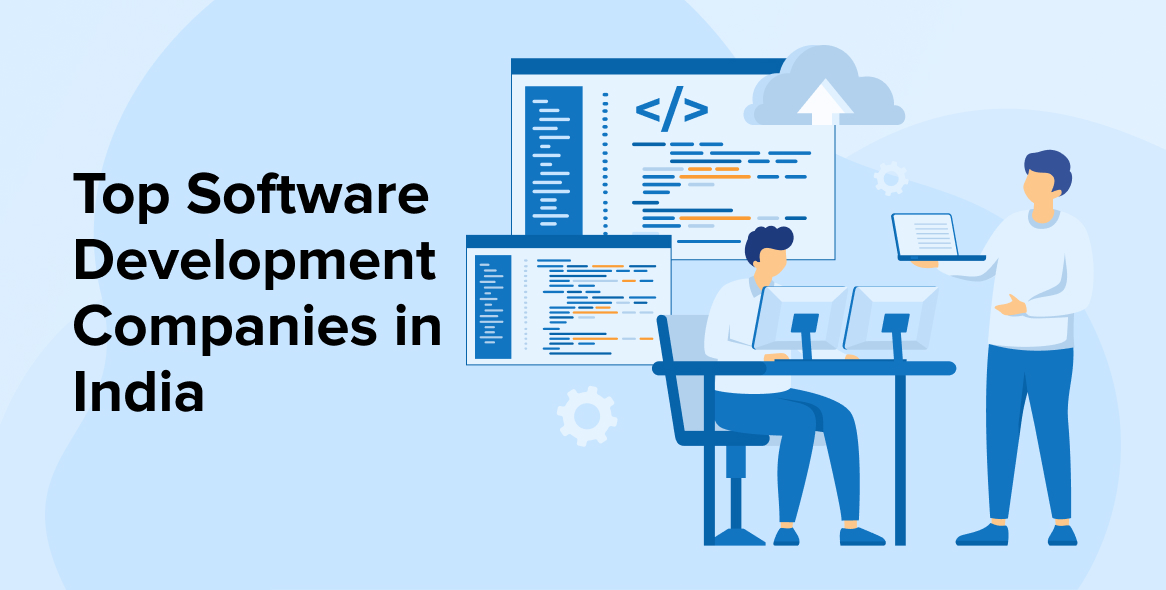Web/Mobile apps and scale dev teams?

The landscape of software development is rapidly evolving, and low-code and no-code platforms are at the forefront of this transformation. These innovative tools are empowering individuals and organizations to build and deploy applications without extensive coding knowledge.
A common mistake in mobile app development is neglecting the user experience (UX). A poorly designed app, no matter how innovative its features, can quickly lose users.
Key UX Considerations:
Intuitive User Interface (UI):Intuitive User Interface (UI):
A well-designed UI guides users seamlessly through the app. Consider factors like color schemes, typography, and layout.
Seamless Navigation:
Ensure easy navigation between screens and features. Avoid complex hierarchies and confusing menus.
Fast Performance:
Optimize your app for speed to avoid frustrating users.
Clear Call-to-Actions:
Use clear and concise calls-to-action to guide user behavior.
User Testing:
Conduct usability tests to identify and fix usability issues.
By prioritizing user experience, you can create an app that users love and keep coming back to.
To ensure your app has a top-notch UX, consider partnering with a reputable UI/UX design firm in India . Our team of experienced designers can help you create visually appealing and user-friendly interfaces.
Low-code and no-code development platforms have revolutionized the way software is built and deployed. These platforms empower individuals and organizations to create applications without extensive coding knowledge, offering a range of benefits:
Rapid Prototyping:
Quickly build and test prototypes to validate ideas.
Faster Time-to-Market:
Reduce development time and accelerate product launch.
Increased Productivity:
Streamline development processes and boost developer productivity.
Lower Labor Costs:
Minimize the need for large development teams.
Reduced Time-to-Market:
Faster development cycles lead to lower overall costs.
Efficient Resource Allocation:
Optimize resource utilization and reduce overhead costs.
Citizen Developers:
Empower non-technical users to create applications.
Increased Innovation:
Encourage experimentation and innovation within organizations.
Agile Development:
Adapt to changing business needs quickly and efficiently.
Enhanced Teamwork:
Facilitate collaboration between technical and non-technical teams.
Shared Understanding:
Visualize application logic and requirements.
Faster Feedback Loops:
Quickly iterate on designs and functionality.
Low-code and no-code platforms have revolutionized the way businesses build and deploy applications. Here are some key use cases for these powerful tools:
Prototyping:
Quickly create prototypes to validate ideas and gather feedback.
Minimum Viable Product (MVP) Development:
Launch a basic version of an app to test market demand.
Workflow Automation
Automate repetitive tasks and streamline business processes.
Custom Business Applications:
Build tailored applications for specific business needs.
Data Management and Reporting:
Create custom data dashboards and reports.
Web Applications:
Develop web applications for internal or external use.
Mobile Apps:
Build cross-platform mobile apps for iOS and Android devices.
Progressive Web Apps (PWAs):
Create web apps that can be installed on mobile devices.
Data Integration:
Connect to various data sources and integrate data from different systems.
Data Visualization:
Create interactive dashboards and visualizations to gain insights.
Data Analysis:
Build data analysis tools to identify trends and patterns.
Empowering Non-Technical Users:
Enable non-technical users to create applications.
Accelerating Innovation:
Foster innovation by empowering employees to build solutions.
Reducing IT Backlog:
Offload routine development tasks to citizen developers.
Selecting the right low-code or no-code platform is crucial for maximizing its benefits. Here are some key factors to consider when making your choice:
Ease of Use:Intuitive Interface:
The platform should have a user-friendly interface that is easy to navigate..
Minimal Coding:
The platform should require minimal coding knowledge, ideally relying on visual drag-and-drop interfaces.
Reducing IT Backlog:
Offload routine development tasks to citizen developers.
Performance
The platform should be able to handle increasing workloads and user demands.
Scalability
The platform should be able to scale as your business grows.
Data Protection
The platform should have robust security features to protect sensitive data.
Compliance:
Ensure the platform complies with relevant security standards and regulations.
API Integration:
The platform should be able to integrate with other systems and services.
Data Connectivity:
Seamless integration with databases and data sources.
Flexibility:
The platform should allow for customization to meet specific business needs.
Extensibility:
The ability to extend the platform's capabilities with custom code.
Active Community:
A strong and active community can provide valuable support and resources
Vendor Support:
Reliable and responsive technical support from the vendor.

By embracing low-code and no-code development platforms, businesses can accelerate innovation, reduce development costs, and improve time-to-market. These powerful tools empower individuals and organizations to build sophisticated applications without extensive coding knowledge.
When selecting a low-code or no-code platform, consider factors such as ease of use, scalability, security, integration capabilities, and community support. By making informed decisions, you can leverage these platforms to drive digital transformation and gain a competitive edge.
Technokrate , a leading software development company in Nagpur, can help you harness the power of low-code and no-code development. Contact us today to explore how our expertise can help you achieve your business goals.
© Talentrise Technokrate Pvt Ltd. All Rights Reserved. Designed by Talentrise Technokrate Pvt Ltd